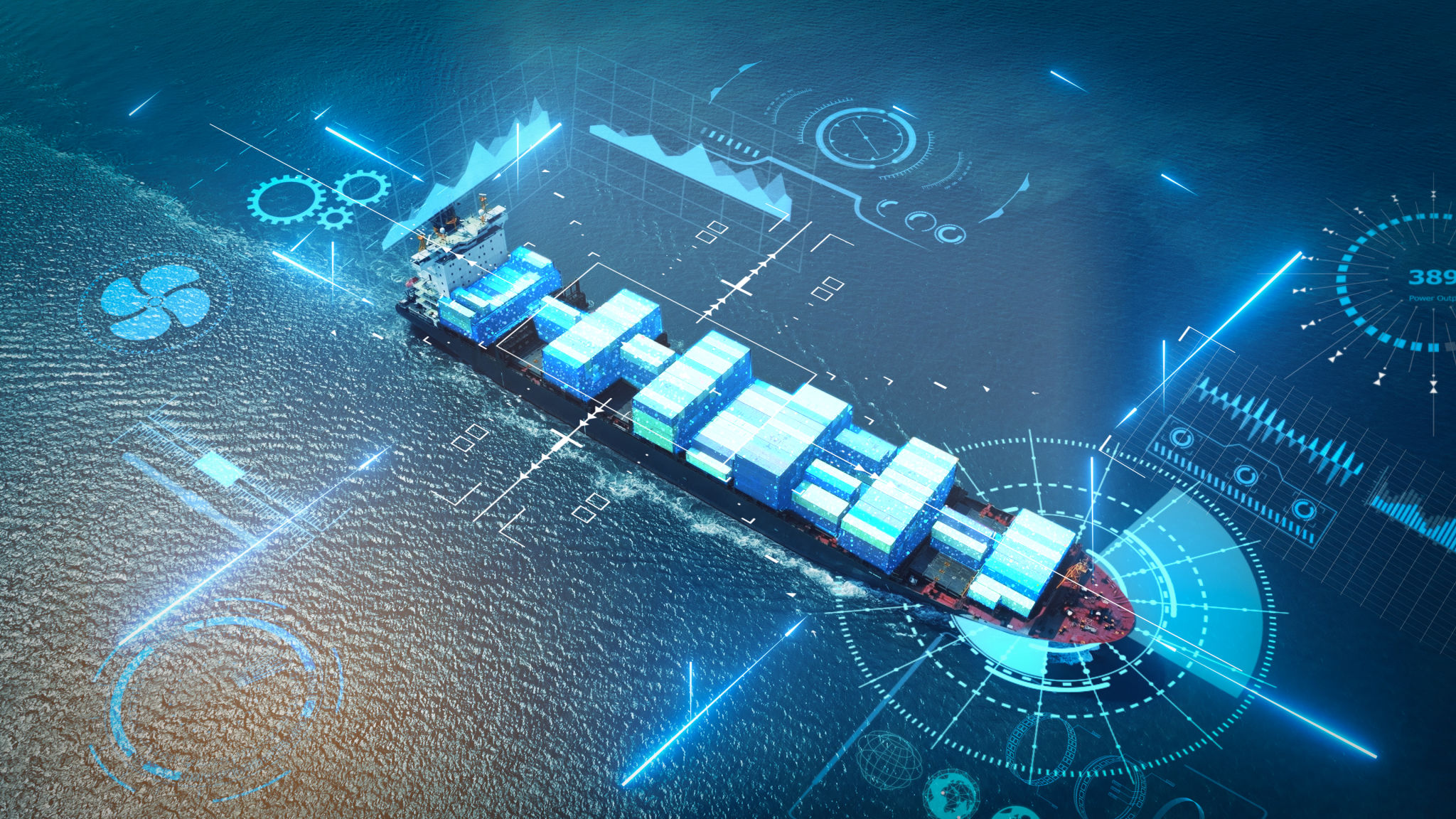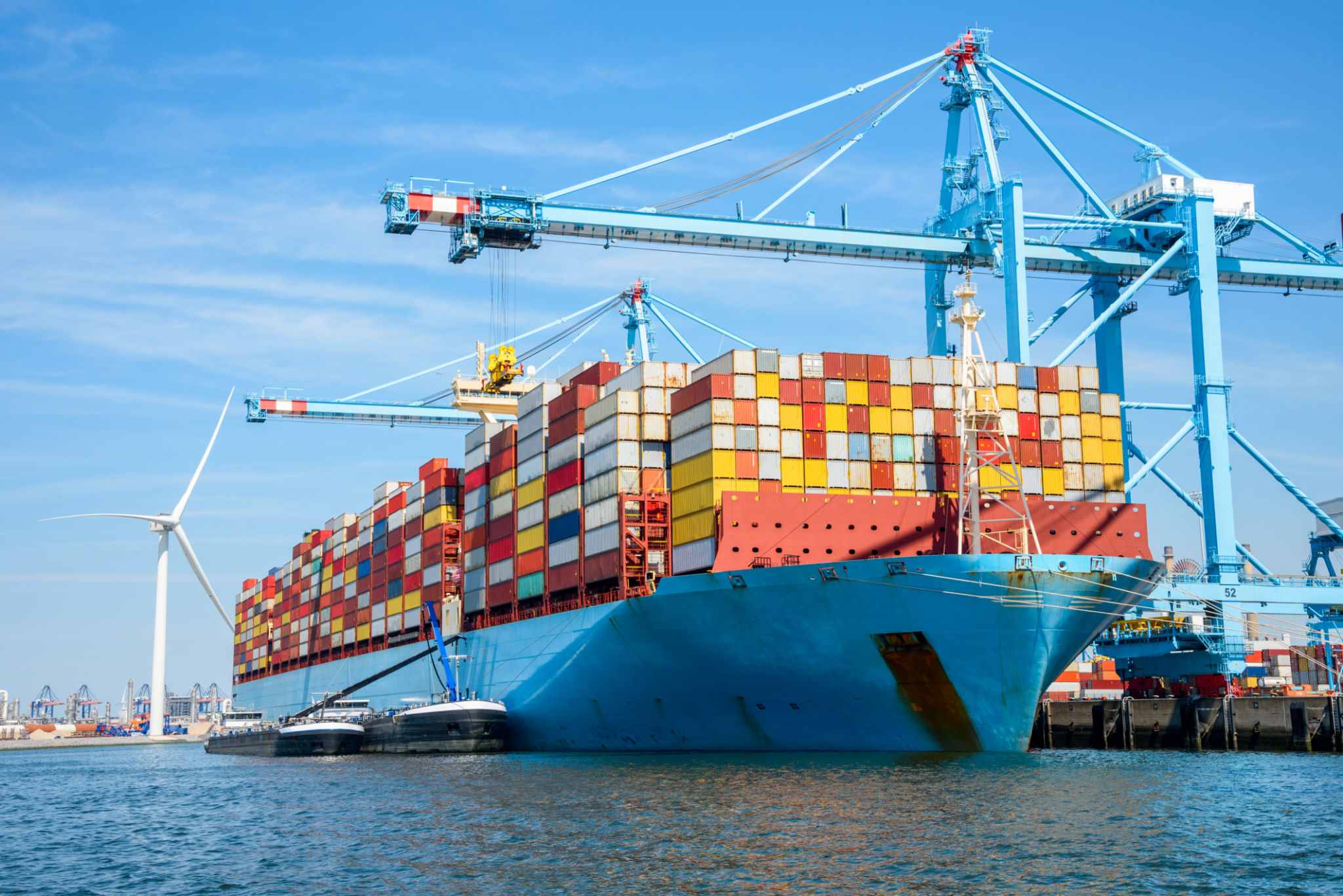A Comprehensive Guide to Data-Driven Solutions for the Maritime Industry
Understanding Data-Driven Solutions in the Maritime Industry
In today's technologically advanced world, the maritime industry is increasingly turning to data-driven solutions to enhance efficiency, safety, and sustainability. These solutions leverage data analytics to provide actionable insights, enabling maritime companies to make informed decisions. By integrating data-driven technologies, the industry can address complex challenges and capitalize on emerging opportunities.

Optimizing Fleet Management with Data Analytics
One of the primary applications of data-driven solutions in the maritime sector is fleet management. By analyzing vast amounts of data collected from ships, companies can optimize routes, monitor fuel consumption, and predict maintenance needs. This not only reduces operational costs but also minimizes environmental impact by decreasing fuel emissions.
Advanced algorithms and predictive analytics play a crucial role in fleet management. For example, machine learning models can predict equipment failures before they occur, allowing for proactive maintenance scheduling. This enhances vessel reliability and reduces downtime, leading to significant cost savings.
Enhancing Maritime Safety
Safety is a paramount concern in the maritime industry, and data-driven solutions are pivotal in enhancing it. By utilizing real-time data from sensors and IoT devices, companies can monitor vessel conditions and environmental factors continuously. This data helps in preventing accidents by alerting crews to potential hazards well in advance.

Improving Port Operations
Ports are critical nodes in global trade, and efficient port operations are essential for smooth logistics. Data-driven solutions help in optimizing port operations by providing insights into cargo handling, reducing congestion, and improving turnaround times. By analyzing historical data and real-time inputs, port authorities can make strategic decisions that enhance operational efficiency.
Moreover, data analytics facilitates better coordination between various stakeholders in port operations, such as shipping companies, terminal operators, and customs authorities. This collaborative approach ensures seamless operations and improves the overall supply chain efficiency.
Sustainability through Data-Driven Solutions
The maritime industry is under increasing pressure to adopt sustainable practices. Data-driven solutions offer a pathway to achieve this by optimizing resource usage and reducing emissions. By analyzing environmental data, companies can implement strategies that align with regulatory requirements and sustainability goals.

Challenges in Implementing Data-Driven Solutions
Despite the clear benefits, implementing data-driven solutions in the maritime industry comes with its own set of challenges. These include data privacy concerns, the need for specialized skills, and the integration of new technologies with existing systems. Overcoming these challenges requires strategic planning and investment in training and infrastructure.
Furthermore, fostering a culture of innovation and collaboration within the industry is essential for successful implementation. Stakeholders must work together to address these challenges and embrace the potential of data-driven technologies.
The Future of Data-Driven Solutions in Maritime
As technology continues to evolve, the maritime industry is poised to benefit significantly from data-driven solutions. Innovations such as artificial intelligence, blockchain, and the Internet of Things will further enhance maritime operations, making them more efficient, safe, and sustainable.
The future of the maritime industry lies in its ability to harness the power of data. By adopting a forward-thinking approach and investing in data-driven technologies, companies can stay ahead of the curve and drive innovation in this vital sector.
